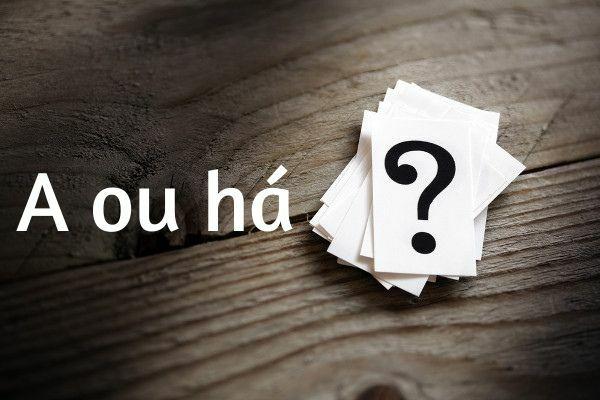Meta, the manager of WhatsApp, Facebook and Instagram, is launching a messaging feature called ‘Channels’. The feature works similarly to what Instagram received this week.
See too: WhatsApp updates and now allows you to send high-resolution images
see more
Alert: THIS poisonous plant landed a young man in the hospital
Google develops AI tool to help journalists in…
Without limit of participants, the channels will allow their owners to send messages, texts, photos, videos, stickers and polls in the channels. Another feature that differentiates channels from groups is that only administrators can send messages.
How does the WhatsApp 'Channels' feature work?
Channels are a private way to follow people and organizations you care about. That is, for example, you can enter a news channel of your soccer and receive first-hand information.
Inside the messenger, messages from channels will appear in a new tab called Updates. In it, the user will find the channels he wants to follow. It will also be possible to access a channel through invitation links.
Mark Zuckerberg highlighted that “as a channel admin, your phone number will not be shown to followers, and following a channel will also not show it to the admin or other people who follow the channel”, said the CEO of Goal. The same goes for profile pictures.
Unlike messages sent in traditional groups, the channels will not be protected with end-to-end encryption so as not to limit the audience.
When does the resource arrive?
Users from Colombia and singapore will be the first to receive access to the tool, with initial adoption of channels from the Singapore Heart Foundation and fact-checker Colombia Check.
The trend is that in the coming months the resource will be expanded to other countries and users will have the power to create their own channels.
In addition, the company comments that users who use the channels will be able to follow updates from local authorities, content of your hobbies and sports teams – so much so that the launch has official channels from Barcelona and Manchester City. The World Health Organization is also a partner of the resource and already has its channel.


